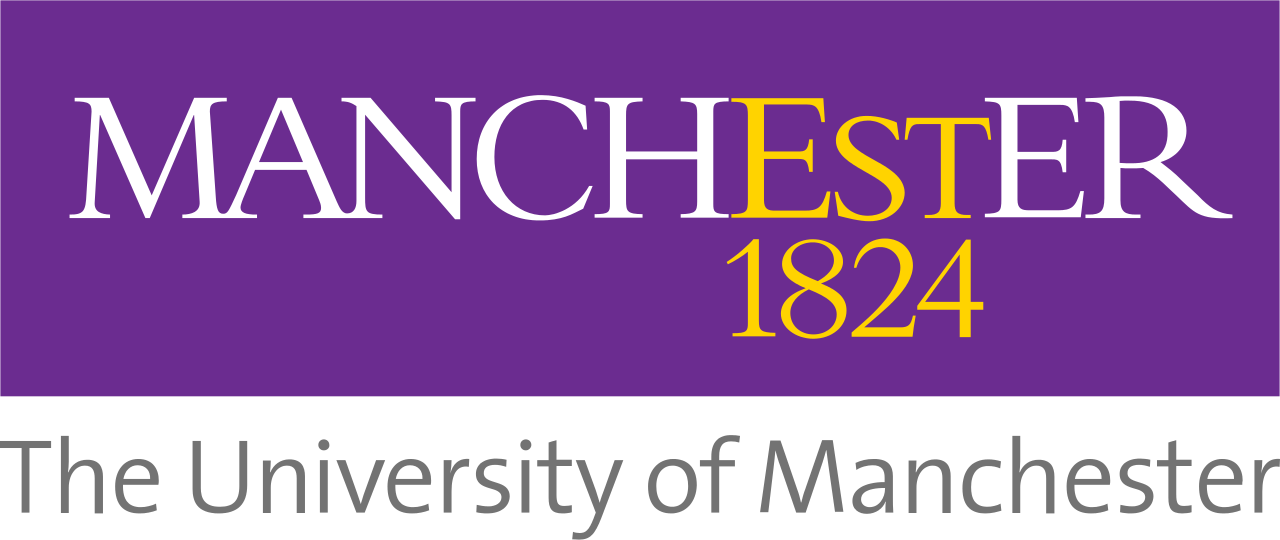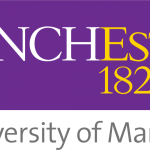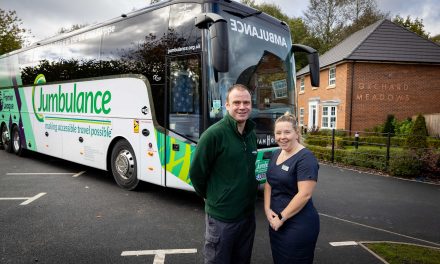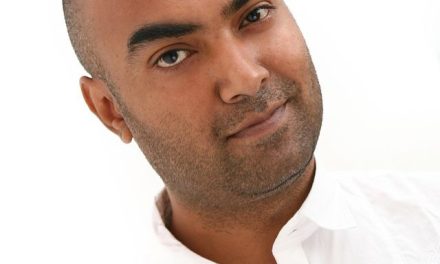Greater Manchester is lagging behind the national average on Black and minority ethnic (BME) citizens in work, according to experts from The University of Manchester.
- University of Manchester
Black African, Caribbean and Bangladeshi groups were more likely to face employment inequality in Manchester, Trafford, Salford, Stockport, Oldham, Rochdale, Bury, Bolton, Wigan and Tameside.
Researchers at the University of Manchester’s Centre on Dynamics of Ethnicity and equality think tank the Runnymede Trust have published new analysis of the extent of the ‘ethnic penalty’ suffered by black and minority ethnic (BME) citizens in Manchester. Using population data from the 2001 and 2011 census, they found that:
• Ethnic inequality in housing worsened in Greater Manchester;
• Housing inequality also rose for Chinese residents compared to White British;
• Proportional levels of black African and Caribbean employment fell in the same period across most of the Greater Manchester districts;
• Health outcomes were generally better for BME groups, and improved markedly over the decade;
• Indian residents were the only BME group to experience employment similar to White British in Greater Manchester, and are now doing slightly better.
Bristol has the highest inequality rating for UK cities outside London, with Manchester 6th worst.
“The extent of ethnic inequalities is striking and it has not improved in the last 15 years,” said Dr Nissa Finney from the Centre on Dynamics of Ethnicity. “Ethnic minorities are disadvantaged in education, employment and housing across the country. This is despite many initiatives to reduce inequalities. There is some great work going on locally, but our evidence shows this issue is so marked, persistent and potentially divisive that it needs concerted attention at a national level.”
“Our research showed shocking levels of racial inequality for most ethnic groups, but particularly for black African and Caribbean residents. Much of this inequality is as a result of historical disadvantage,” said Farah Elahi, Research Analyst for the Runnymede Trust. “We looked at the factors that are driving this inequality and talked to local communities, and we found that there is an urgent need for more local partnerships between the City Council, other public authorities and local BME communities.”
The researchers recommend:
• More action by Government to address economic and social racial inequality, including adopting the call by the equalities watchdog – the Equality and Human Rights Commission – for a national race equality action plan
• More local partnerships between BME groups and authorities including City Councils
• More projects to raise the aspirations of BME young people
• More training for employers on unconscious biases and the impact of whiteness and white privilege



















